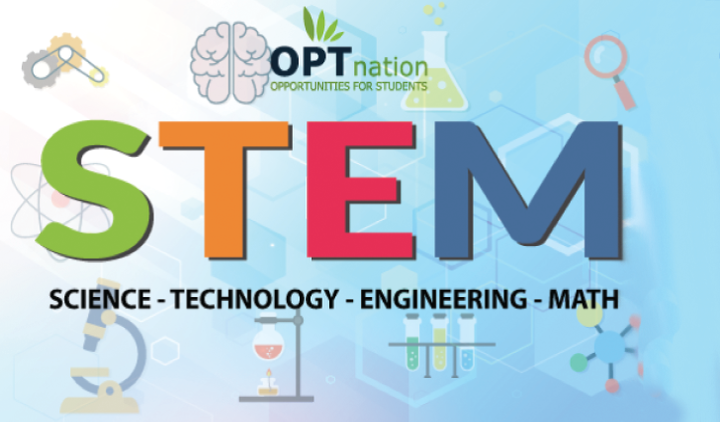Some companies that have hired STEM (science, technology, engineering and maths ) apprentices graduated under optional practical training (OPT), are being subject to site visits by officials of the US Immigration and Customs Enforcement Service (ICE). UU. The main objective of such site visits is to verify that employers comply with the STEM-OPT requirements and comply with the obligations of the training plans.
International students who have completed their studies are eligible for a 12-month OPT under which they can work in the United States. Those who have completed their degrees in STEM are eligible to request an additional 24-month OPT extension, which means a total tenure available for three years.
Currently, there are almost 2 Lakh students from India studying in the United States. Statistics regarding fiscal year 2017 show that Indian students dominated the STEM-OPT assignments: more than 50,000 participated in the OPT program.
OPT rules prescribe that there must be a good fide employer-employee relationship. The employer that signs Form I-983 (which is an affirmation of their commitment to the OPT program) must be the same entity that provides practical training experience to STEM-OPT students, even if they are placed on the client’s sites.
A STEM-OPT employer should not assign, or otherwise delegate, its training responsibilities to a non-employer third party such as client employees, said Rajiv Khanna, managing attorney at Immigration.com. Employers should have a comprehensive inspection procedure at During the site visit, officials could interview client staff to discuss the training plan and its implementation, a Mitchell Wexler, Fragomen’s California-based partner, a law firm told TOI of global immigration lawyers. Employers may place STEM-OPT students on customer sites, provided all training obligations are met. ICE officials can also visit a third-party job site where STEM-OPT students have been located.
If there is a visit to the site, STEM-OPT students placed in third-party sites are more vulnerable, since the third-party client may not be aware of the circumstances of their placement by the employer and may not be able to respond properly ask the site visit inspector, Cyrus Mehta, an immigration lawyer based in New York, told TOI. Failure to comply with the STEM-OPT rules may result in the completion of the student’s STEM OPT employment authorization. If site visits become widespread and/or cumbersome, organizations will hesitate to hire and train STEM-OPT students, which casts a shadow on the future prospects of international students in the US.
Source:- https://bit.ly/2Ynqjao
Disclaimer:- https://bit.ly/2S00nLJ
SUBSCRIBE TO OUR LATEST UPDATES
[newsletter_signup_form id=1]

